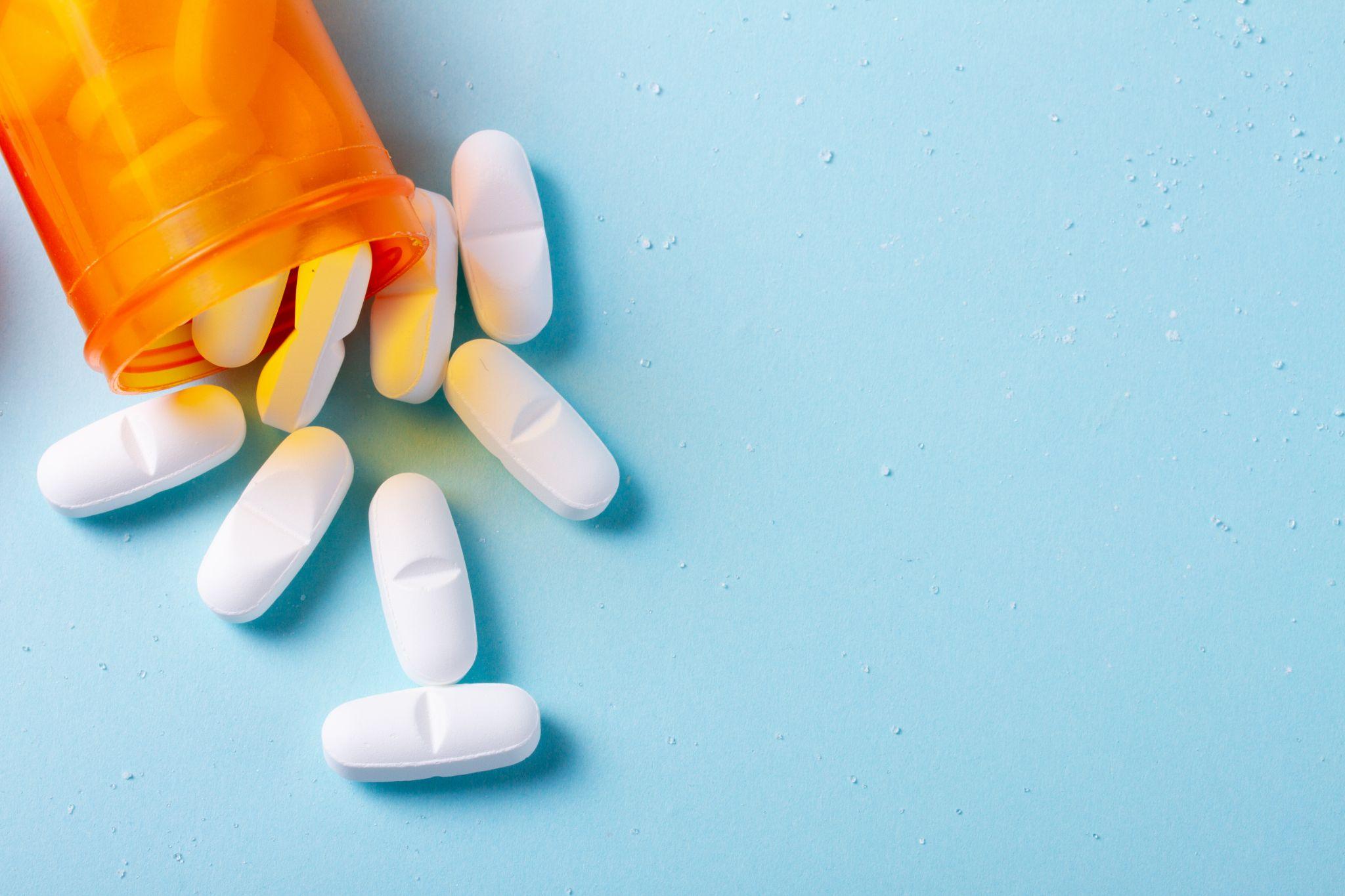Over the past few years, the concept of opioid use disorder treatment has experienced a paradigm shift. Traditional methods that focused solely on abstinence are now being complemented by innovative strategies—one is medication-assisted treatment (MAT). This approach has transformed the recovery process, offering patients a more balanced, holistic path towards overcoming addiction.
Understanding Medication-Assisted Treatment
MAT is a comprehensive way to treat opioid use disorder (OUD). The process includes FDA-approved medications such as methadone, buprenorphine, and naltrexone, which are administered under the supervision of healthcare providers. MAT works by either blocking the euphoric effects of opioids, relieving cravings, or treating withdrawal symptoms.1
Role of MAT in Opioid Rehabilitation
Reducing Dependency: MAT medications help patients manage withdrawal symptoms and cravings, reducing the physical dependency on opioids.
Preventing Overdose: By minimizing withdrawal symptoms and reducing cravings, MAT can help prevent relapse and overdose.
Enhancing Quality of Life: MAT can improve the patient’s ability to function and quality of life, helping them return to a more normal life.
The Importance of Comprehensive Treatment
While medication plays a critical role in medication-assisted treatment, it’s the combination of medication, counseling, and behavioral therapies that provides a “whole-patient” approach. Here’s why each component is important:
Behavioral Therapy
This crucial part of MAT aids patients in understanding the nature of their addiction and the triggers that lead to substance use. Cognitive-behavioral therapy (CBT), for example, can help patients reframe negative thought patterns that lead to drug use and replace them with healthier ones, while motivational interviewing (MI) can boost motivation for change.
These therapies provide coping mechanisms, improve problem-solving skills, and enhance motivation for sobriety.
Support Groups
Group therapy and peer support networks can be a significant part of recovery. These groups provide a sense of community and belonging, reducing feelings of isolation often associated with addiction.
Hearing from others with similar experiences can help individuals realize they are not alone and can provide hope and motivation for the journey to recovery. Support groups also offer ongoing accountability, which can be critical in maintaining long-term sobriety.
Treatment for Co-Occurring Disorders
Often, those suffering from opioid use disorder may also struggle with mental health issues like depression, anxiety, or PTSD. This is known as a co-occurring disorder or dual diagnosis. Addressing these issues is an integral part of comprehensive treatment.
Untreated mental health conditions can exacerbate substance use disorder or impede recovery. By providing simultaneous treatment for both the substance use disorder and the co-occurring mental health condition, patients have a better chance of achieving and maintaining long-term recovery.
Misconceptions about MAT
A common misconception is that MAT simply replaces one drug with another. However, the medications used in MAT are designed to stabilize the patient’s mind and body rather than induce a “high.” They’re administered under healthcare providers’ supervision to ensure the correct dosages, minimize side effects, and prevent misuse.
MAT is also not a “quick fix.” Recovery is a long process that requires commitment. While MAT can help manage physical symptoms, behavioral therapy and support are also essential for a successful recovery journey.
The Proven Effectiveness of MAT
Several studies have shown the effectiveness of MAT. According to the Substance Abuse and Mental Health Services Administration (SAMHSA), MAT2:
- Reduces opioid use and opioid-related overdose deaths
- Increases the likelihood of staying in treatment
- Improves patient survival rates
- Reduces illicit opioid use and other criminal activity among people with substance use disorders
- Increases patients’ ability to gain and maintain employment
Medication-Assisted Treatment at Del Arroyo Recovery Center
Medication-assisted treatment has proven to be an effective strategy for managing opioid use disorder, helping to reduce the physical and psychological effects of withdrawal and decrease the risk of overdose.
At Del Arroyo Recovery Center in Agoura Hills, CA, we are committed to providing comprehensive, evidence-based treatment options, including MAT, for those battling opioid use disorder. We provide a safe, supportive environment that addresses the physical, emotional, and social aspects of recovery.
If you or someone you love is struggling with opioid addiction, please reach out to us today.
There’s no need to face this battle alone. Let our experienced and compassionate team guide you on the journey towards recovery and help you reclaim control over your life. Let’s work together to forge a path to a healthier, happier, and substance-free future.
Sources:


